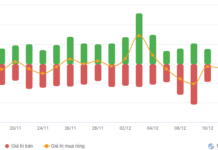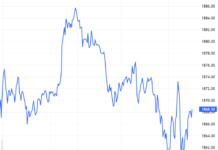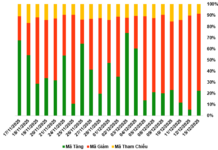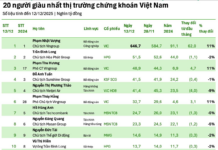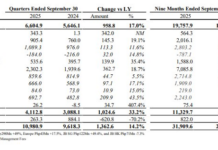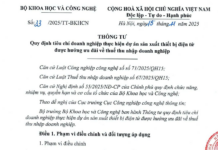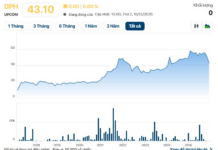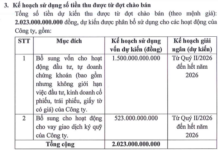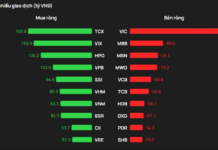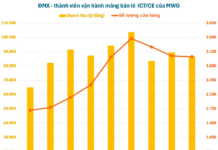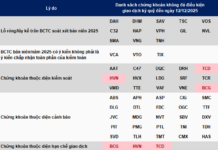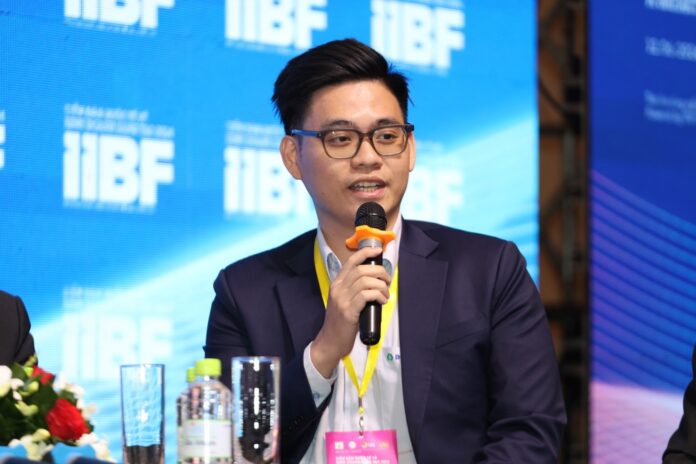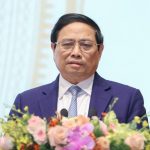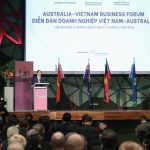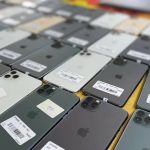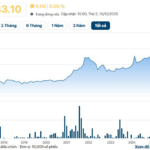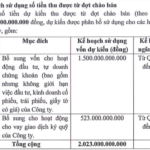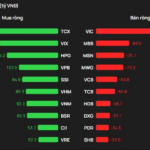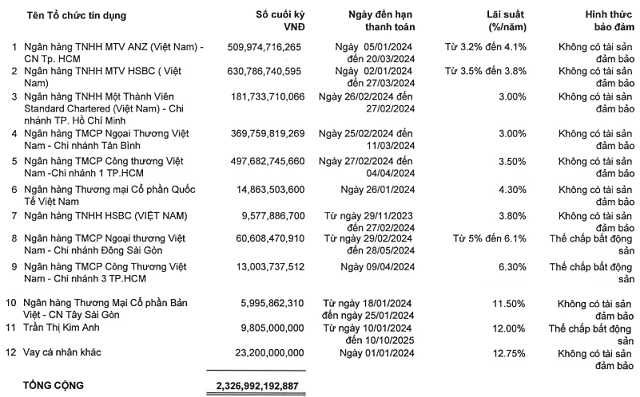Driving Circular Plastic Economy Requires Collaboration from Multiple Stakeholders
Unilever Vietnam has been a frontrunner in driving the circular plastic economy over the years. Could you share some of the solutions that Unilever Vietnam has implemented or is currently working on towards this goal?
For many years, Unilever Vietnam has consistently sought the most advanced solutions to change packaging designs to make them easily recyclable. Today, 64% of Unilever’s packaging is recyclable. We also collaborate with local authorities, the community, retailers, and waste collectors to execute the plastic circular journey, bringing plastic waste back into our packaging. This is an effort to increase the collection and recycling rate beyond the amount of plastic we introduce to the market.
In your opinion, what is the most critical factor for plastic to effectively serve life and business again?
Based on our practical implementation, I believe that to have an effective plastic circular journey, collaboration from multiple stakeholders is essential: the government, businesses, manufacturers, retailers, waste collectors and recyclers, and the community. In 2020, we established the Public-Private Partnership for Plastic Waste Management with the Ministry of Natural Resources and Environment, while also expanding to like-minded partners to form a circular economy in plastic waste management through close cooperation within our own value chain.
Is this the reason why Unilever Vietnam chose Duy Tan Recycling as one of its partners to carry out the plastic collection and recycling collaboration to drive the circular economy?
Vo Luong Binh Nguyen – Head of Sustainable Business and Communications, Unilever Vietnam
Duy Tan Recycling is our important partner in our packaging recycling goal and plastic waste collection programs. In 2023 alone, the two units collected and recycled nearly 5,000 tons of hard plastic waste.
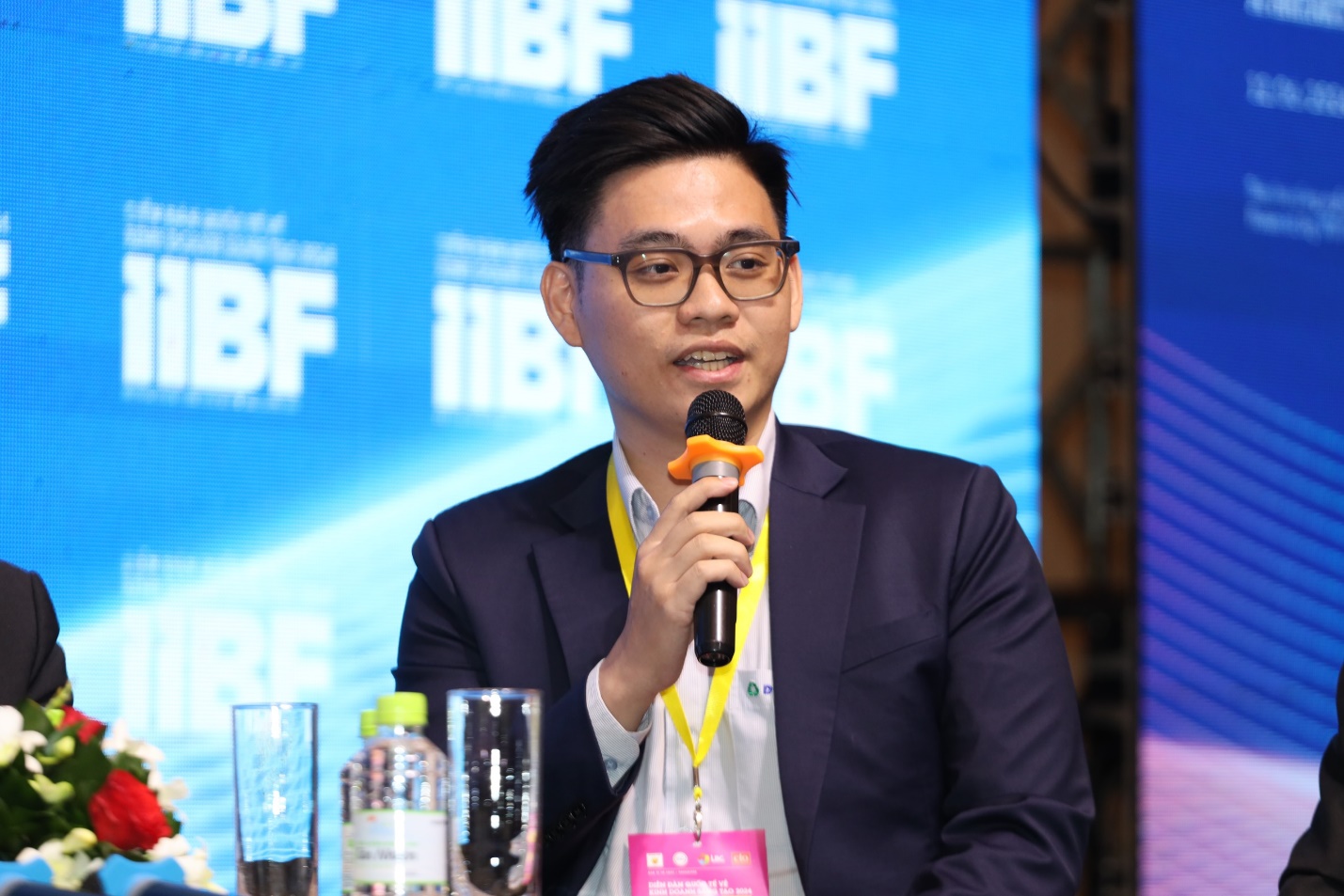
Le Viet Dong Hieu – Head of Marketing & Sustainable Business Development, Duy Tan Recycling
From the very beginning, Duy Tan Recycling has invested in and built a plastic recycling factory to provide high-quality recycled plastic products with “Bottle-to-Bottle” technology. Unilever Vietnam is our close partner in developing the circular economy by using 100% recycled plastic in the packaging of well-known products such as Dove body wash bottles and Sunlight dishwashing liquid bottles. We also collaborate in plastic waste collection programs, aiming to collect and recycle 30,000 tons of plastic waste by 2027.
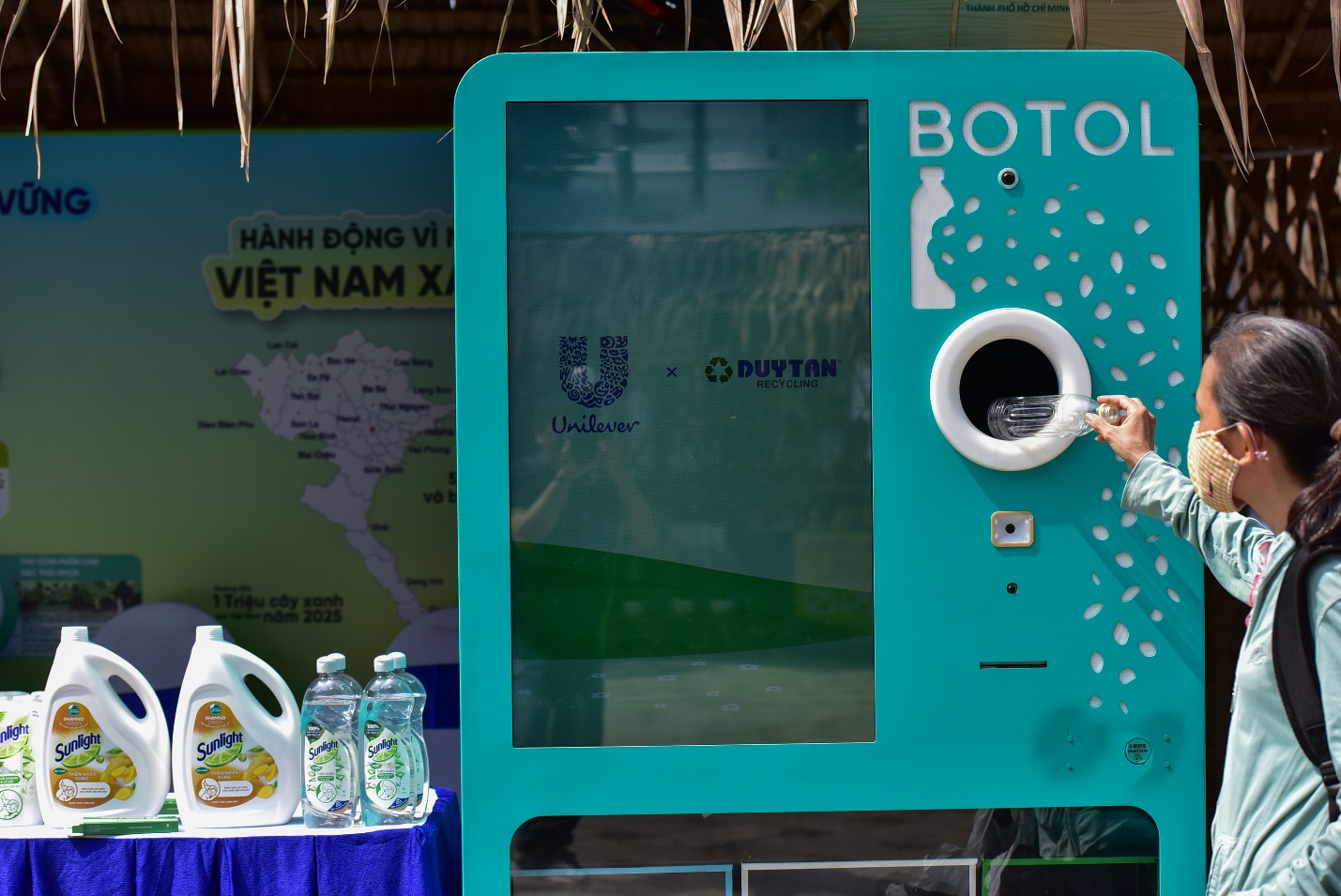
Plastic waste collection and recycling require the joint efforts of the community and multiple units.
Plastic Collection and Recycling: Short-Term Challenges, Long-Term Benefits
I understand that Unilever has been collaborating with local authorities to implement the Source Waste Sorting Project in District 7, Ho Chi Minh City. Could you share some of the advantages and challenges you’ve faced during this project?
Vo Luong Binh Nguyen – Head of Sustainable Business and Communications, Unilever Vietnam
Unilever Vietnam, in collaboration with the People’s Committee of District 7, has carried out a series of activities to raise awareness and encourage the community to practice plastic waste sorting at the source. The program’s goal is to support plastic waste collection and recycling throughout the district, raising community awareness about environmental protection, completing the plastic circular journey, and transforming plastic waste into a renewable resource for life and production.
Our greatest advantage is the united cooperation of the District 7 authorities and the community within the project area. The challenge lies in the community’s behavior and awareness regarding plastic waste sorting and collection, which needs further encouragement through promotional activities from various parties, especially the government.
Le Viet Dong Hieu – Head of Marketing & Sustainable Business Development, Duy Tan Recycling
The most significant challenge in plastic waste collection today is the ineffective sorting of waste at the source. If different types of plastics are mixed, the quality will not meet the requirements, leading to high wastage. In a circular economy, source sorting is the key to achieving efficient recovery and recycling.
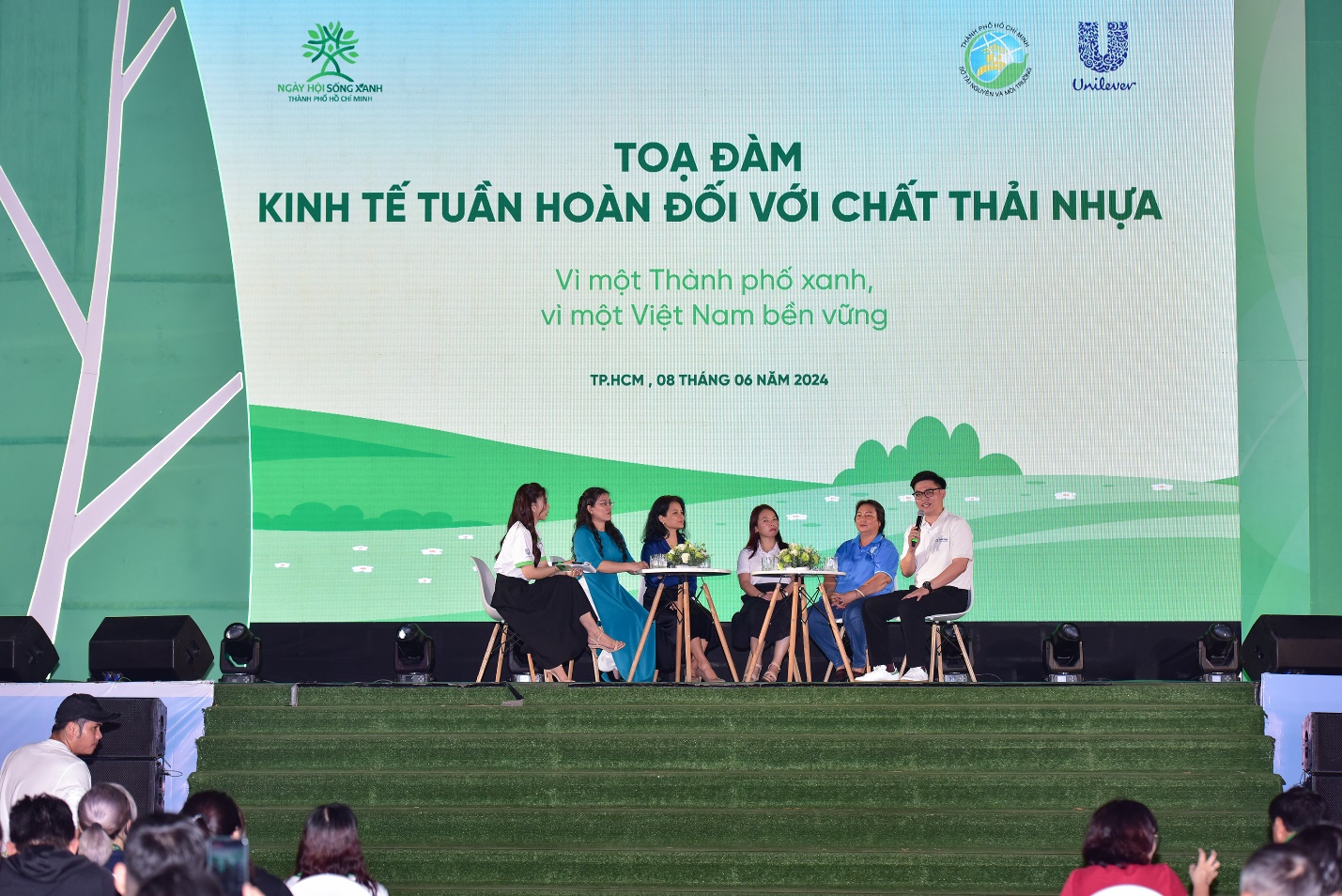
Unilever Vietnam, in collaboration with the Department of Natural Resources and Environment of Ho Chi Minh City and the People’s Committee of District 7, organized a seminar as part of the 4th Green Living Festival
To achieve the goal of collecting and recycling 30,000 tons of plastic waste by 2027, could you share some of the plans that Unilever Vietnam will implement to make plastic waste collection more effective?
Plastic collection and recycling in Vietnam still face many immediate challenges, but if we work together, we will undoubtedly create long-term benefits. Within Unilever’s scope, the programs we are coordinating with the People’s Committee of District 7 have had a positive impact on various audience groups, especially children, who will enjoy a clean and beautiful environment in the future. Therefore, in the coming time, Unilever Vietnam will continue to closely accompany its partners to replicate the recycling culture model in other districts and counties in Ho Chi Minh City. At the same time, we will organize seminars and training programs to equip the community with knowledge about plastic sorting and improve the efficiency of source sorting.
Thank you for your valuable insights!
Investment from Australian businesses in Vietnam: 631 projects with a registered capital of USD 2.04 billion
According to the statistics from the Foreign Investment Agency (Ministry of Planning and Investment), Australian companies have currently invested in Vietnam with a total of 631 projects, registered capital reaching 2.04 billion USD.


